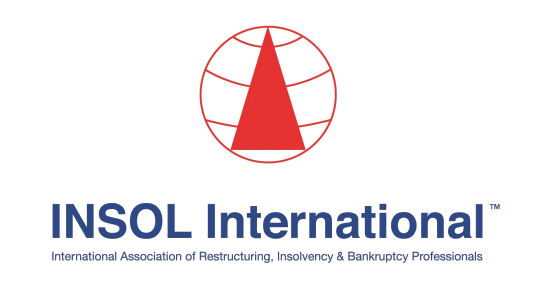7th Floor SSNIT Emporium
Airport City, Accra
Mon - Fri: 8:00-17:00
Sat- Sun: CLOSED
GARIA is an association of professionals with an interest in restructuring and insolvency formed on 8th August 2006 to play a leadership role in corporate restructuring, business recovery and insolvency in Ghana.
It is incorporated as a company limited by guarantee under the Companies Act 1963 (Act 179) and currently a professional body under the Professional Bodies Registration Decree, 1973 (NRCD143) – July 2019.
GARIA is accredited by the Bank of Ghana to offer Corporate Governance Training to banks.
To be the professional body leading restructuring and insolvency matters in Ghana.
To promote business rescue practice through education, research, and advocacy. This includes governing standards of professional education and practice and facilitating market development to support the preservation, restoration and enhancement of economic value.
“The first response of the law to a distressed company that is unable to honour its credit obligations as they fall due should not be to liquidate it. This is too drastic a remedy which is not responsive to the inevitable ups and downs of business life. A legal system that provides principally for only liquidation can fairly be characterized as primitive, from the business point of view…it is better to save the company than allow it go under” Justice S.K. Date-Bah, Chairperson of the Business Law Reform Committee of Experts.
CIRA introduced a “rescue culture” for financially distressed companies, giving them the option of restructuring and going into Administration. Prior to this Act, these options had been open only to banking and insurance companies. An Insolvency Practitioner will, as advisor, often be involved in this decision-making process, by advising the directors and stakeholders of the company about the future of the business. This “pre-Insolvency advice” will be based upon deep analytical understanding of the company, its business, creditors, suppliers and customers.
Only a qualified Insolvency Practitioner can act as an Administrator under CIRA. CIRA introduced a restructuring process, for which the potential survival of a financially distressed company, is the central tenet. The “rescue and recovery proceedings” is run by an Administrator who can be appointed by the company itself, the court, a charge holder or even a Liquidator, if the company is already in liquidation. The initial question all of these potential appointees will ask is; “can this company be saved?”
For some companies with short-term debt issues, Administration may provide the “breathing space” necessary to work with creditors to resolve cash flow or the most immediate financial issues. The Insolvency Practitioner, working as Administrator, can play a vital role in guiding the company through this period.
Effectively, the Administrator runs and manages an insolvent business, with the objective of restructuring it in such a way that it can be made viable and value returned to serve its members, stakeholders, employees, suppliers and creditors. During the period of administration, no action can be taken against the company to recover debts owed. This is “the opportunity for corporate restructuring” that could re-define the company’s future.
The activities of the Association are funded mainly by subscriptions, membership dues, grants and income from GARIA events. Members are also encouraged to sponsor events organized by the Association and may also donate generously towards the cause of GARIA.



We are the leading restructuring and insolvency association in Ghana. GARIA is backed by a highly industry experienced governing council and competent administrative staff.
We are currently accepting membership application. Click on the button below to read more about our membership plans













